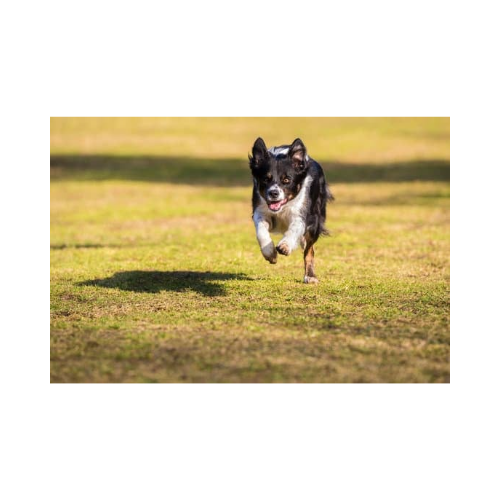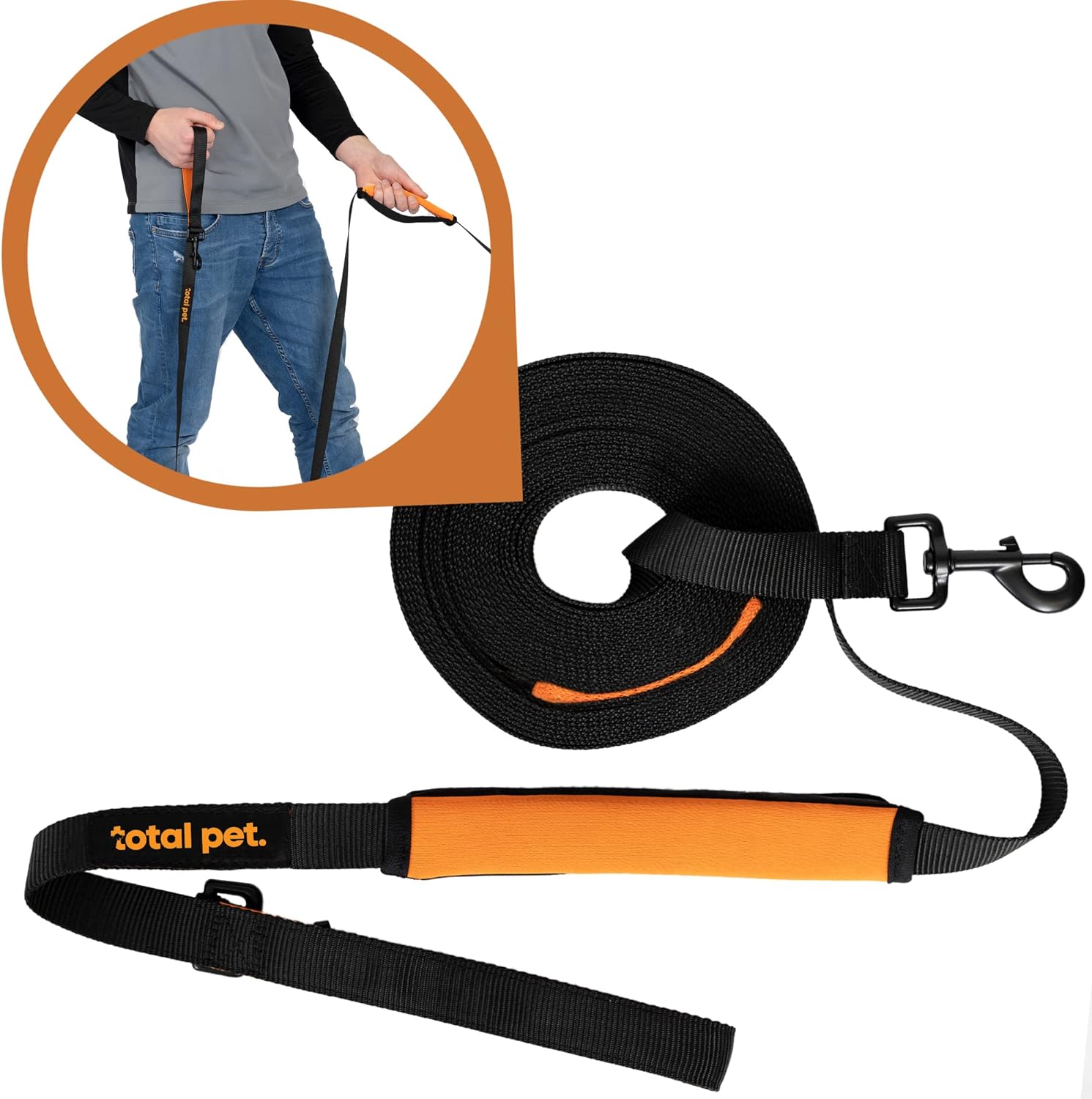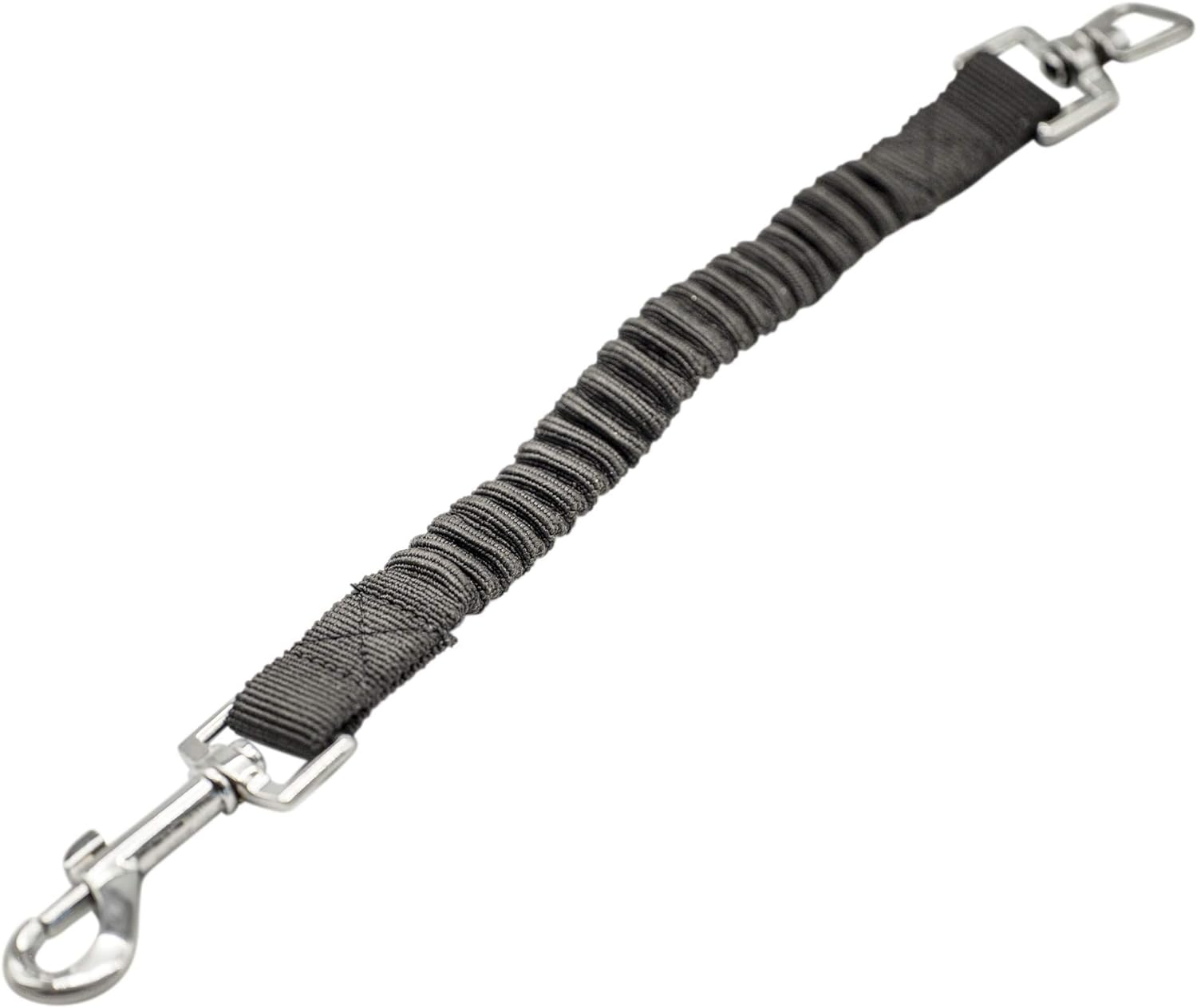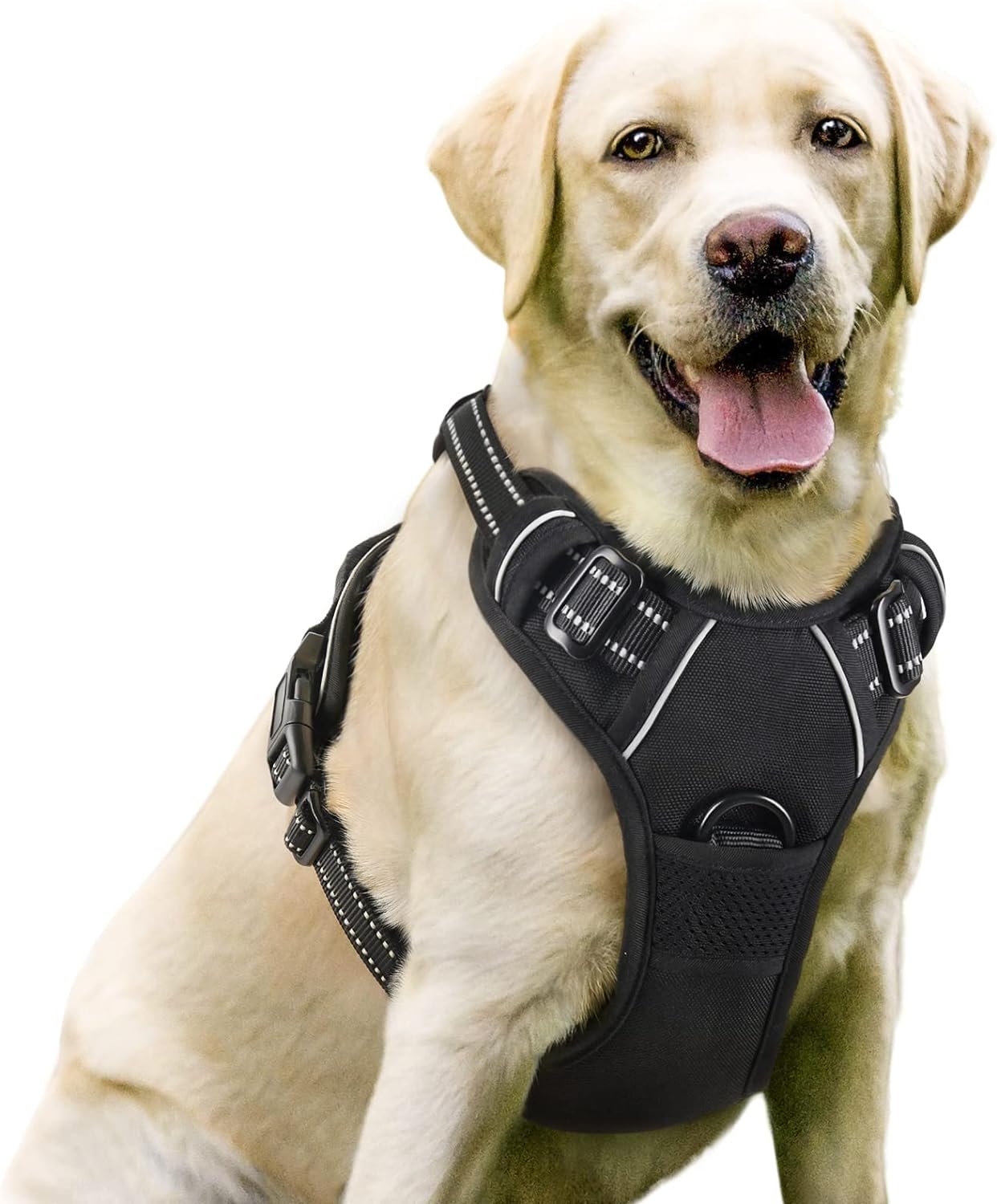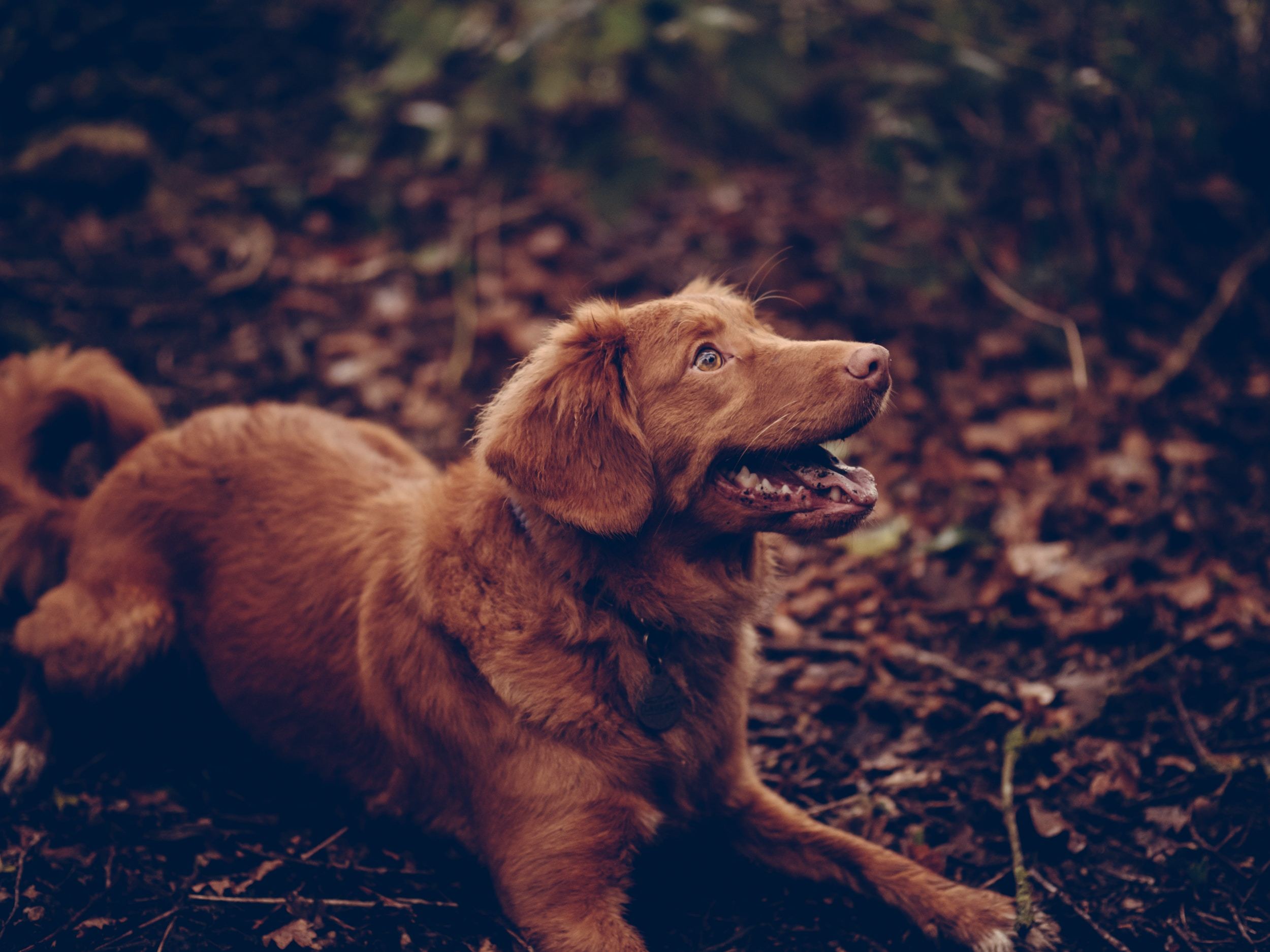Acceptable dog etiquette is essential for ensuring a safe and respectful environment for dogs, their owners, and non-owners. Asking for permission before approaching a dog, allowing the dog to initiate contact, respecting personal space, leashing dogs in public areas, cleaning up after them, and observing and respecting the behaviour of other dogs are all key components. By adhering to these practices, we can promote positive experiences and interactions with dogs, creating a harmonious coexistence between canines and humans.
Dog etiquette refers to the set of behaviors that are considered acceptable and respectful when interacting with dogs and their owners. It is essential for dog owners and non-owners alike to understand and practice dog etiquette to ensure a harmonious and safe environment for everyone.
First and foremost, it is crucial to ask for permission before approaching a dog, regardless of whether it is accompanied by its owner or not. Not all dogs are comfortable or friendly with strangers, so it is important to respect their boundaries. Approach the owner first and inquire if it is okay to interact with their dog. As a general rule of thumb, avoid approaching a dog that is on a leash without permission, as they may be reactive or in training.
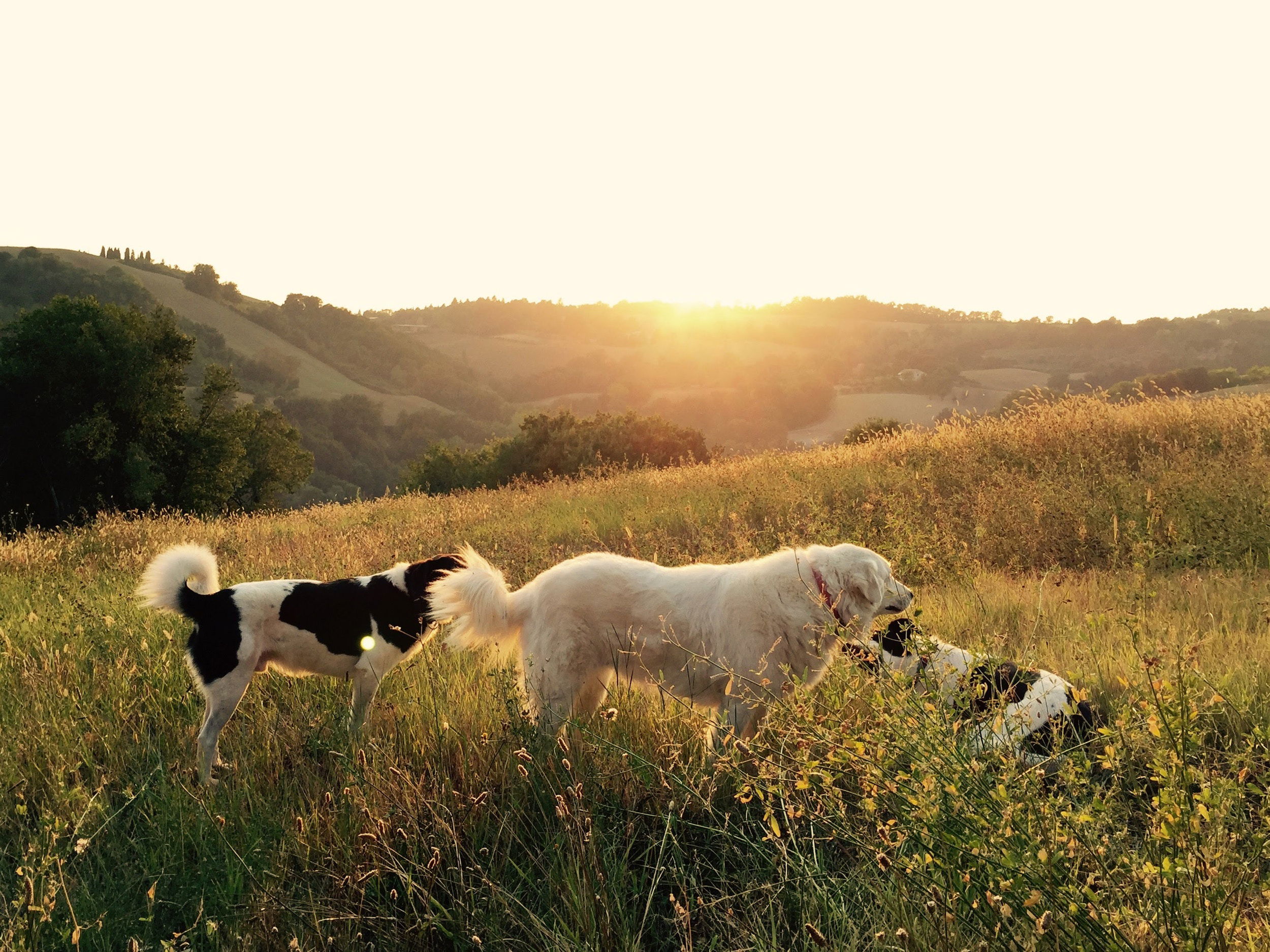
Example: When interacting with a dog, there are several behaviours that should be followed. Always allow the dog to initiate contact by sniffing or approaching you. Avoid making sudden gestures or loud noises that may startle or intimidate the dog. It is also crucial not to offer food or treats to a dog without the owner's permission, as it may have dietary restrictions or training protocols. Respect the dog's personal space and avoid invading it unless explicitly invited to do so.
While walking or hiking in public spaces, it is important to leash your dog unless in designated off-leash areas. Even if your dog is friendly and well-behaved, others may not feel comfortable around unleashed dogs or may have their own reactive dogs in tow. When walking on a leash, always keep it short but not too tight, allowing your dog enough freedom to move comfortably while still maintaining control. Additionally, clean up after your dog and dispose of waste properly to contribute to a clean and hygienic environment for all.
When encountering other dogs during walks or outings, it is essential to observe and respect their body language. Not all dogs are sociable or enjoy interacting with unfamiliar dogs. If another dog seems fearful, aggressive, or its owner requests distance, give them ample space and avoid confrontation. Similarly, if your dog exhibits any signs of discomfort or aggression, it is your responsibility to remove them from the situation calmly and swiftly.

Lastly, it is important to note that dog etiquette also extends to respecting the property of others. Avoid allowing your dog to enter private yards, gardens, or homes without permission. Some individuals might be sensitive to allergies or have pets that are territorial, which can lead to unwanted conflicts or accidents. By respecting other people's properties, we foster a sense of consideration and maintain positive relationships within our communities.
Acceptable dog etiquette is essential for ensuring a safe and respectful environment for dogs, their owners, and non-owners. Asking for permission before approaching a dog, allowing the dog to initiate contact, respecting personal space, leashing dogs in public areas, cleaning up after them, and observing and respecting the behavior of other dogs are all key components. By adhering to these practices, we can promote positive experiences and interactions with dogs, creating a harmonious coexistence between canines and humans.
To teach these manners, owners can use positive reinforcement techniques such as treats, praise, and consistent training sessions. Consistency is key, and owners should be patient and persistent in teaching their dogs proper manners. Additionally, enrolling in obedience classes with LKH Dog Training or working with our professional trainer can provide guidance and support in teaching good etiquette to dogs.
